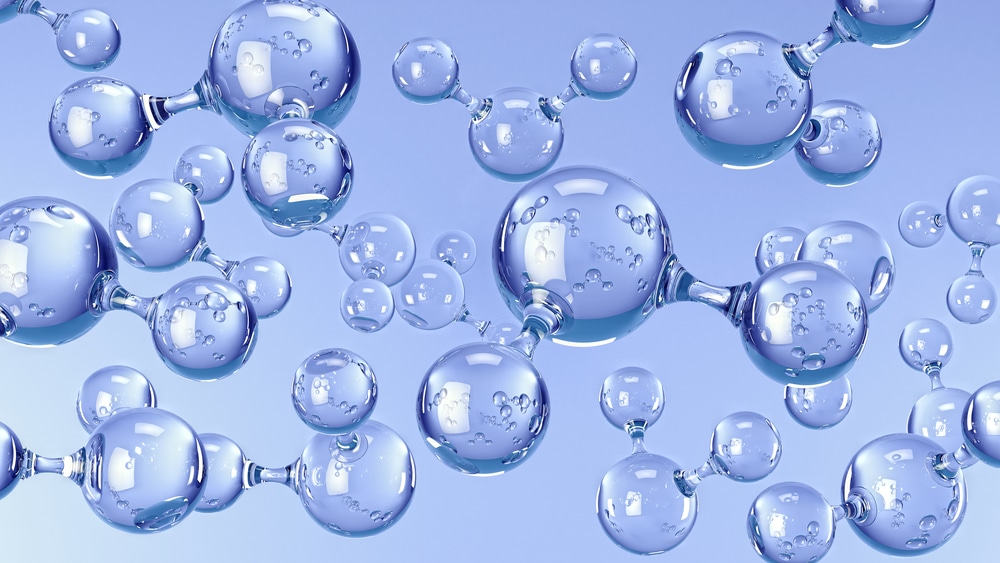What is Peptide Therapy?
A peptide is a short chain of amino acids that are linked together, and can be thought of as a small protein. To date, over 7,000 naturally-occurring peptides have been identified. In our bodies, these small proteins typically act as signaling molecules. They bind to receptors on the cell surface and tell other cells and molecules what to do.
Peptide therapy, or the use of specific peptides in treatment, has gained great popularity in recent years. This is due largely to the fact that these peptides are highly specific (i.e., only do what you want them to do) while also being well-tolerated and safe. As of January 2015, there were over 60 US FDA-approved peptide medications, 140 peptide drugs being evaluated in clinical trials, and 500 in pre-clinical development.
Most of these peptide drugs are administered intradermally, but can also come in the form of transdermal creams, nasal sprays, and oral tablets.
What Conditions Does Peptide Therapy Address?
Because these peptides are so numerous and variable in structure, their effects are likewise varied and wide-ranging. One class of these peptides are known as growth hormone secretagogues and cause the secretion of one’s own, natural hGH in the body. These peptides have been shown to be very useful in the treatment of age-related conditions, osteoporosis, obesity, and various chronic inflammatory diseases, lower libido, and have several advantages over traditional hGH administration.
Another type of peptide drug is composed of part of the hGH molecule that is responsible for fat cell death and has been shown to be very effective as an anti-obesity drug. In addition to decreasing inflammation, these drugs lead to increased lean muscle mass and decreased body fat. Other peptides work to increase libido naturally and are effective for erectile dysfunction (ED)
Below is a list of the more common peptides that we use at the Renaissance Health Centre.

